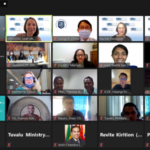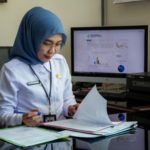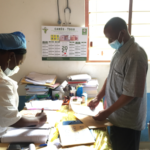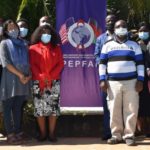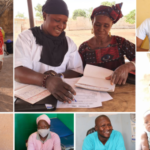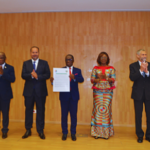Boosting the Capacity of Pacific Island Health Workers in Health Workforce Management and Data Systems
As the COVID-19 crisis continues to put a strain on countries’ health systems, obtaining accurate information about the health workforce is necessary for an effective, data-driven pandemic response as well as maintaining quality, essential services. In many Pacific Island countries, incomplete data collection and the low capacity of human resource managers can hinder the health systems’ response to crises, like COVID-19, and delivering routine health care provision.
03 August, 2021 GlobalGlobal NewsHRIS and health workforce data





